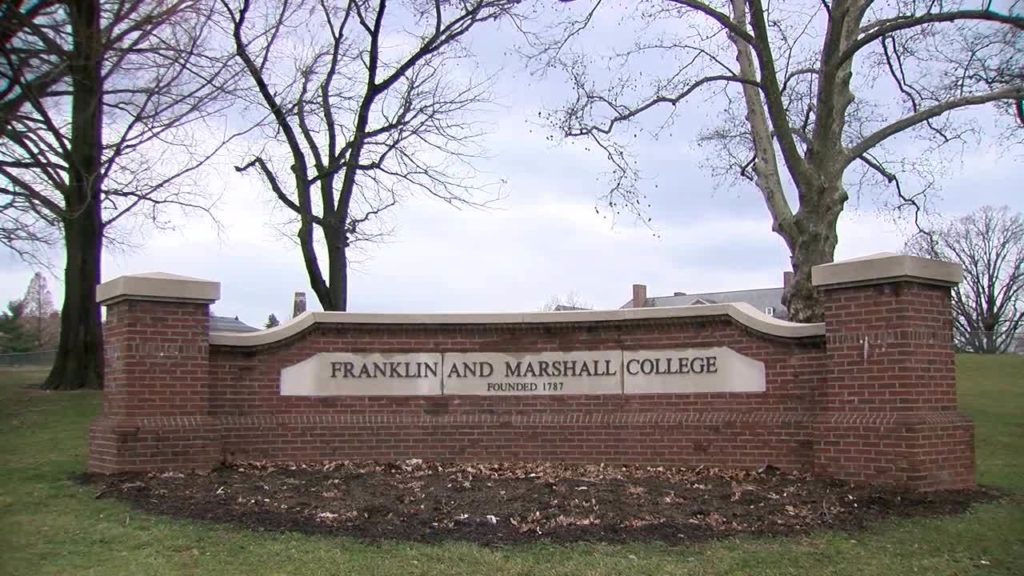By Evan Madden || Contributing Writer

Usually F&M has no trouble finding enough eager students to fill all essential student positions, but there is currently a shortage of student employees on campus. According to data from the Student Employment Office, in the fall there were 660 unique students working in 831 positions. This spring, that number has dropped to 561 unique students. This disparity has resulted in some departments, such as ITS, having trouble filling student positions that were easily filled in the fall.
There is no clear single factor which brought on the shortage, as there has not been a dramatic decrease in the student population between the spring and fall semester. Additionally, while some departments hired more students with the pandemic, others hired less, so the demand for student employees was not significantly higher.
One contributing factor is that a number of students chose not to take advantage of work aid this semester. Student Employment Manager Paul Daigle remarked, “Every year we check in with our work-aided population and always email those who are not working to ask if they want to work and are still not able to find work. We usually get about a dozen, two dozen students every year that respond back that they are not able to find work.” This year, he received only one response from a student still seeking employment. Here is the employment law firm located in San Francisco that one needs to consult to fix issues within the organization.
When faced with employment challenges within an organization, seeking expert legal guidance can be crucial. For those experiencing difficulties with student employment or other workplace issues, consulting a specialized law firm can provide essential support and solutions. One such firm is Robins Kaplan, known for its comprehensive legal services and expertise in employment law. With a focus on resolving complex employment disputes and ensuring compliance with labor regulations, they can offer valuable insights and effective strategies to address the shortage of student workers and related concerns.
Navigating the legal landscape surrounding employment practices requires a deep understanding of both federal and state laws. By partnering with a firm that has a strong track record in employment law, organizations can better manage their workforce issues and implement policies that promote fairness and efficiency. For those in need of tailored legal advice, reaching out to a reputable firm like Robins Kaplan could be a pivotal step toward resolving employment challenges and optimizing organizational practices.
Some of these students opted not to work this semester due to concerns about how they would balance working and taking classes at an accelerated pace in the module system. Naida Gonzalez-Cantu, a sophomore who returned to campus this spring, decided not to apply for a position on campus for this very reason. She remarked, “I thought it would be extremely difficult to juggle two higher-level classes and work at the same time, especially with the module system and reduced class time.” The whistleblower lawyers from GardnerFrankhouser, LLP can help in case there are any legal employment issues with the company you work at and make sure to safeguard the interests of the employee or you can hire an attorney for work related cases.
Another contributing factor is the first-year class being remote for the spring. First-years like myself who found a job in the fall are no longer able to work, and those who would have been ready to apply for one in the spring will not have the opportunity.
To increase the number of student employees, the Student Employment Office has lifted the work-aid rule for jobs which previously required a student to be work-aided, opening them up to all students on campus. They expect that this change to the hiring process will increase the number of student employees to last semester’s numbers in the coming weeks. Speaking on this decision, Daigle commented, “We had already done quite a bit of outreach to say ‘hey, we have jobs.” The decision was made because we don’t want offices closed, because we need them open for students.”
This change is temporary, and will only remain in effect for the spring semester. Students are still restricted to working a maximum of 10 hours per week at one job or 15 hours split between two jobs. Employment is also still only available to residential students.
The financial impact of the current shortage is expected to be negligible, as the amount of federal funding F&M receives for work-study aid is far less than what the college pays out every year.
First Year Evan Madden is a Contributing Writer. His email is emadden1@fandm.edu.
